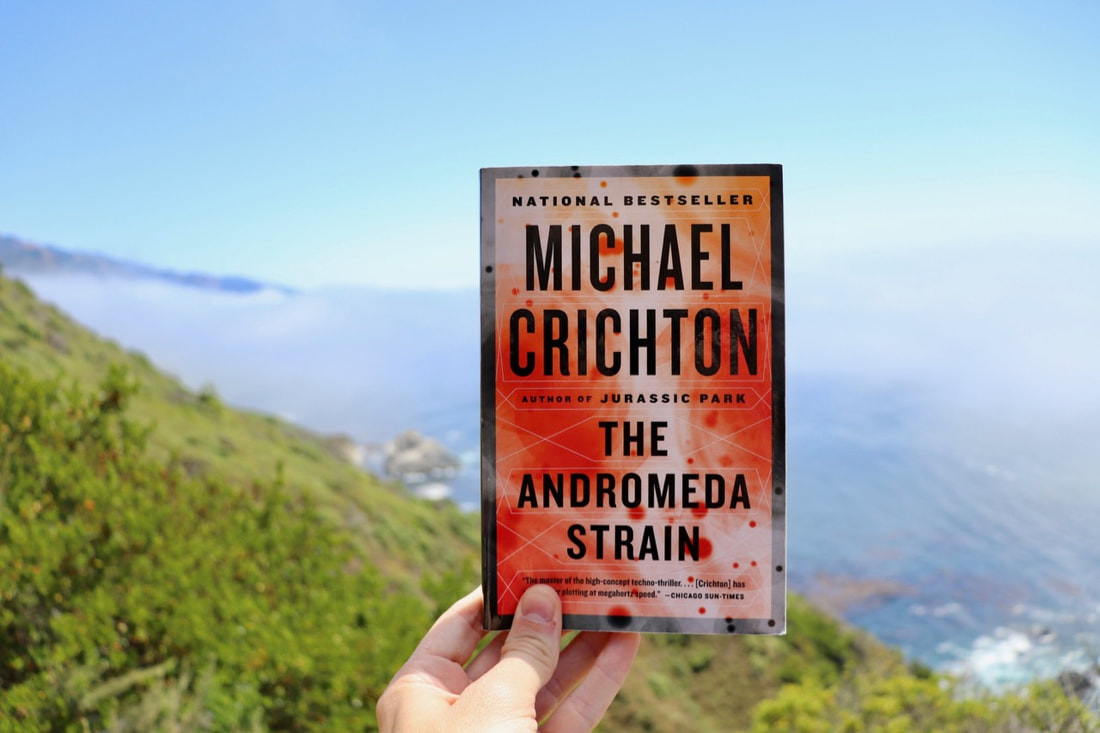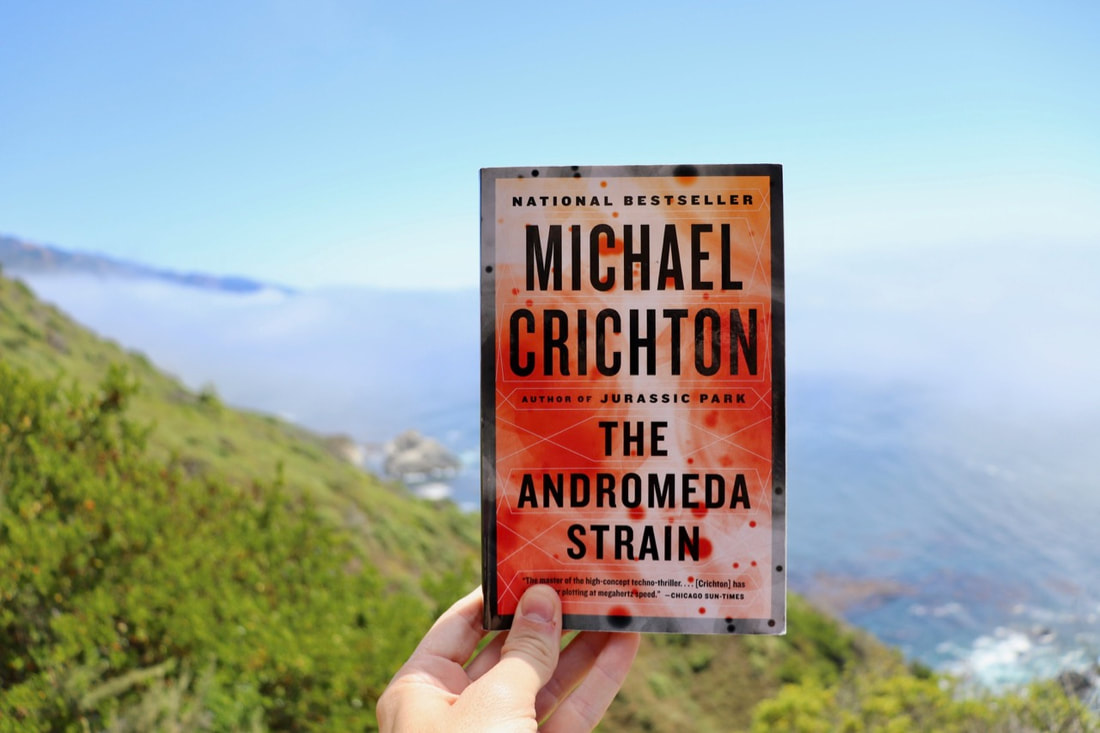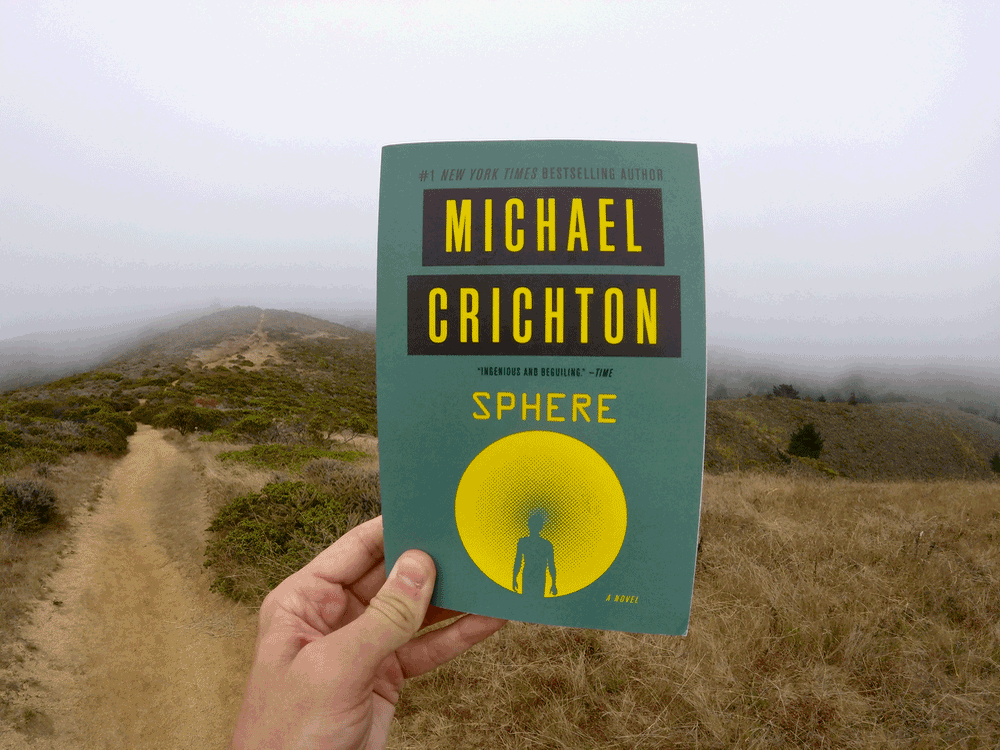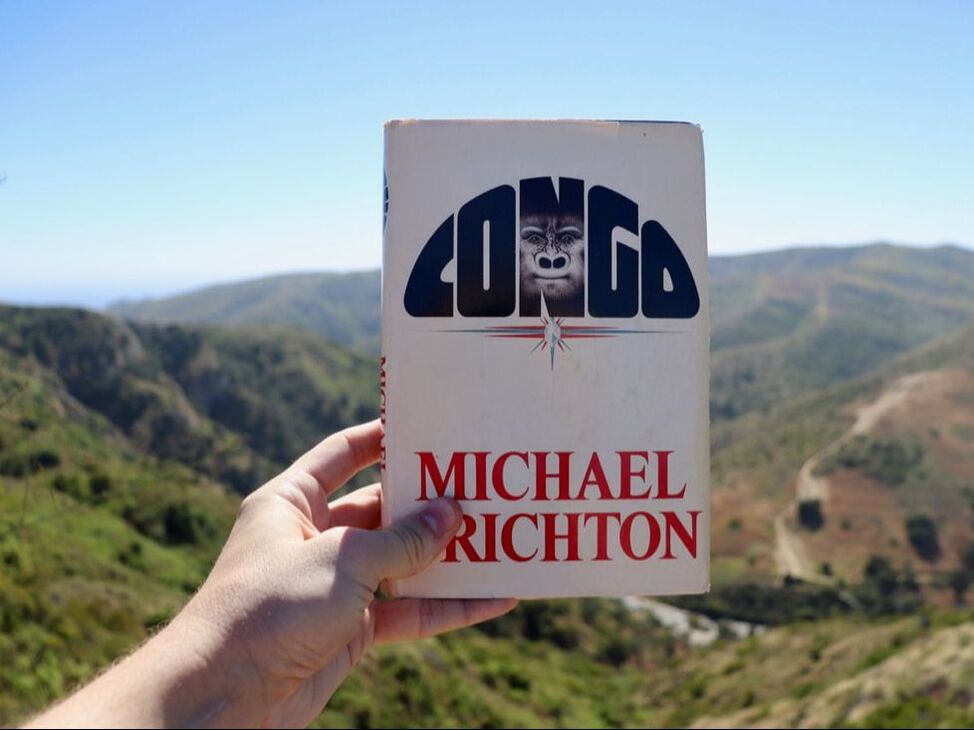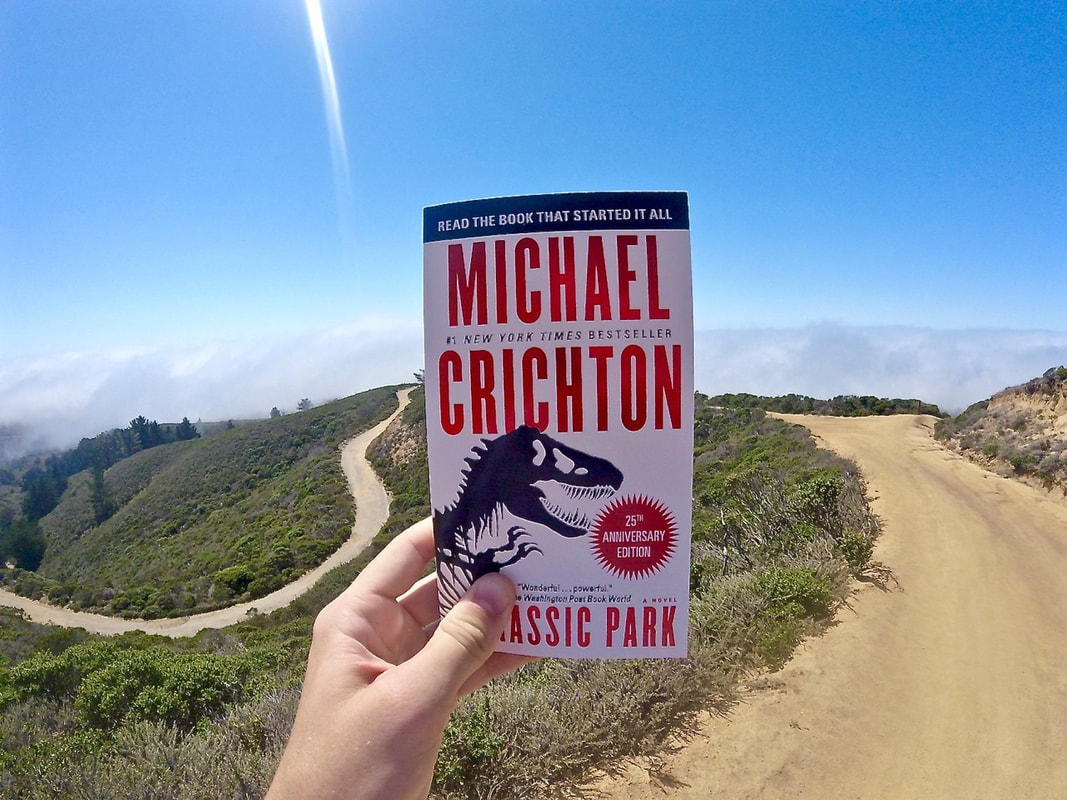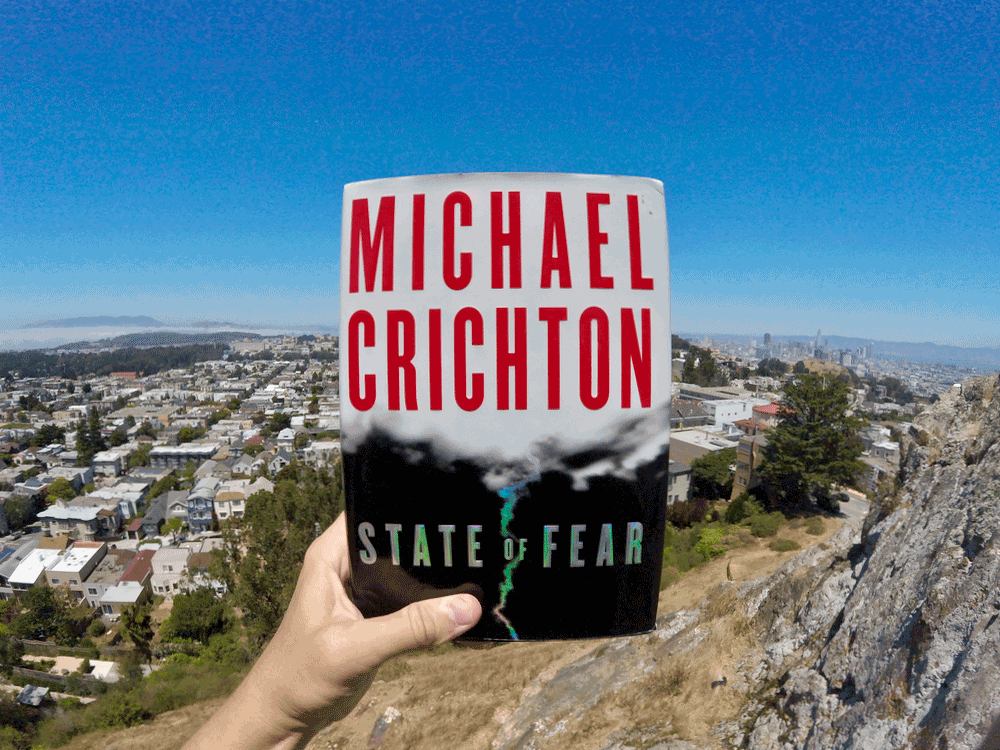“These considerations lead me to believe that the first human interaction with extraterrestrial life will consist of contact with organisms similar to, if not identical to, earth bacteria or viruses. The consequences of such contact are disturbing when one recalls that 3 per cent of all earth bacteria are capable of exerting some deleterious effect upon man.”
— Michael Crichton, The Andromeda Strain
— Michael Crichton, The Andromeda Strain
An American military space probe crashes twelve miles outside a sleepy Arizona town. Within hours, everyone is dead except an infant and a senior citizen. In response, U.S. officials mobilize Project Wildfire, a top-secret emergency protocol to handle deadly outbreaks. They summon a team of elite biophysicists and rush them into a five-level, atomic-warhead-laden lab in some undisclosed, underground location to study the bacteria found on the space probe. Time is ticking. Mark Kelly and the other three scientists must work to contain The Andromeda Strain—without contaminating the lab—or the world. Nukes are set to self-destruct as a fail-safe, but would that even be enough?
Inspired by the the protocol for oil spills in oceans and declassified military procedures for handling deadly disease outbreaks, Crichton's first techno-thriller(published 1969) is a relentlessly paced mystery that seems all too plausible in 2019. His calling card here as it was throughout his career was to stay within the realm of what was possible, or at least "what's not known to be impossible" and marry current, unconventional scientific ideas with a thrilling situation. Andromeda didn't quite sweep me up like his later works--Disclosure (explores sexual harassment where the woman is the aggressor), State of Fear (climate science vs. climate politics), Jurassic Park (bioengineering and chaos theory)—but it has so much of the author's instincts of how to get me to keep turning the page. [JG]
Inspired by the the protocol for oil spills in oceans and declassified military procedures for handling deadly disease outbreaks, Crichton's first techno-thriller(published 1969) is a relentlessly paced mystery that seems all too plausible in 2019. His calling card here as it was throughout his career was to stay within the realm of what was possible, or at least "what's not known to be impossible" and marry current, unconventional scientific ideas with a thrilling situation. Andromeda didn't quite sweep me up like his later works--Disclosure (explores sexual harassment where the woman is the aggressor), State of Fear (climate science vs. climate politics), Jurassic Park (bioengineering and chaos theory)—but it has so much of the author's instincts of how to get me to keep turning the page. [JG]
WHO WAS MICHAEL CRICHTON?
Michael Crichton (1942-2008) remains the only writer to have a #1 book, movie, and TV show in the same year in the USA. His novels include Sphere, The Lost World, Eaters of the Dead, State of Fear, and Dragon Teeth among others. Collectively his works have sold over 200 million copies worldwide, translated into thirty-eight languages, and provided the basis for fifteen films. He was also the director of Westworld, The Great Train Robbery, and Looker. Steven Spielberg, who adapted Crichton's Jurassic Park and The Lost World to the silver screen, called Crichton "The High King of High Concept" for his ability to create stories that grab an audience's imagination and keep them turning the page. Crichton appeared on The Charlie Rose Show several times in the '90s and early 2000s. I continue to enjoy those interviews as he discusses science, medicine, psychology, biology, and computers. Crichton strikes me as a deeply skeptical yet voraciously curious, private yet warm person.
"There are millions of species of bacteria, and thousands of species of insects. There are only a few species of primates and only four of great apes. There is but one species of man."
— Michael Crichton, on the odds of encountering complex extraterrestrial life
— Michael Crichton, on the odds of encountering complex extraterrestrial life
YOU MAY ALSO LIKE

